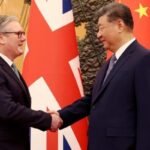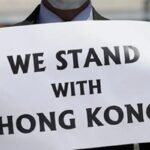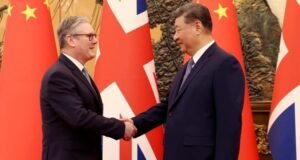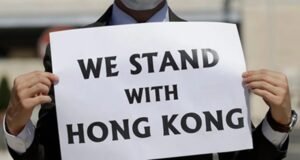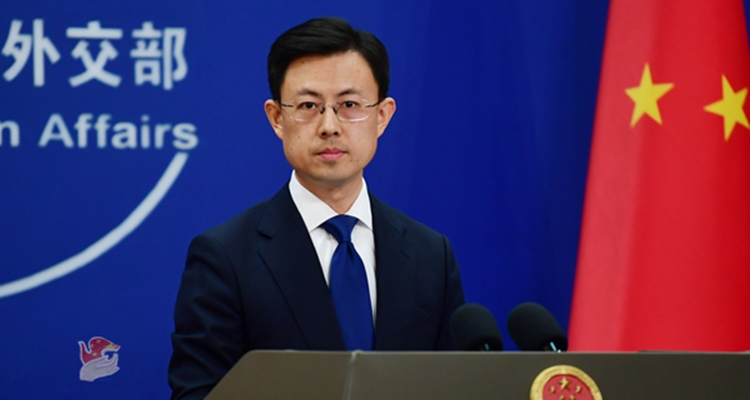
Some tariffs of President Trump’s new tariff regime, attempting to embody a principle of reciprocity—a regime either bracing and overdue or sweepingly and unjustifiably injurious, depending on whom you talk to—are more defensible than others.
The Chinese Communist Party is among those who object to the tariffs on China.
Newsweek reports: “China, the world’s second-largest economy, will face a 34 percent reciprocal tariff, which will kick in on April 9 and is in addition to a 20 percent tariff on the nation that is already in effect. The list claims that China charges a 67 percent tariff on U.S. products” (April 3, 2025).
Guo Jiakun, a spokesman for the Chinese Foreign Ministry, says: “We have emphasized more than once that trade and tariff wars have no winners. Protectionism leads nowhere. We urge the U.S. to stop doing the wrong thing, and resolve trade differences with China and other countries through consultation with equality, respect and mutual benefit.”
Guo has also objected to U.S. sanctions against CCP officials in Hong Kong and Tibet for their role in oppressing people: “groundless and unjustified,” he says. And he defends China’s military-drill harassment of Taiwan (“serious warning and an act of containment…legitimate and necessary…”).
If China’s propagandists are moaning about the failure of Trump’s tariffs on China to conform to CCP propaganda about “win-win” economics, this is a clue that the U.S. administration is on the right track at least with respect to a totalitarian regime like China’s. A regime that is not an exemplary practitioner or guardian of free trade.
Also see:
ThisIsCommonSense.org: “The Trump-Tariff Question”
StoptheCCP.org: “Beyond U.S. and Chinese Tariffs: Understanding Nontariff Barriers to Trade”
StoptheCCP.org: “Cutting Off Knowledge of China and Trade Makes Arguments Poorer”
“And there, within this managed-trade regime, lies the rub for those seeking sustained or even growing trade with China. It was not designed to accommodate communist economies, not even one that almost evolved into what might be called a socialist market economy, ‘a process that has not yet been completed, almost twenty years after China’s WTO accession, and subsequently led to many problems’ for the trade regime.”
